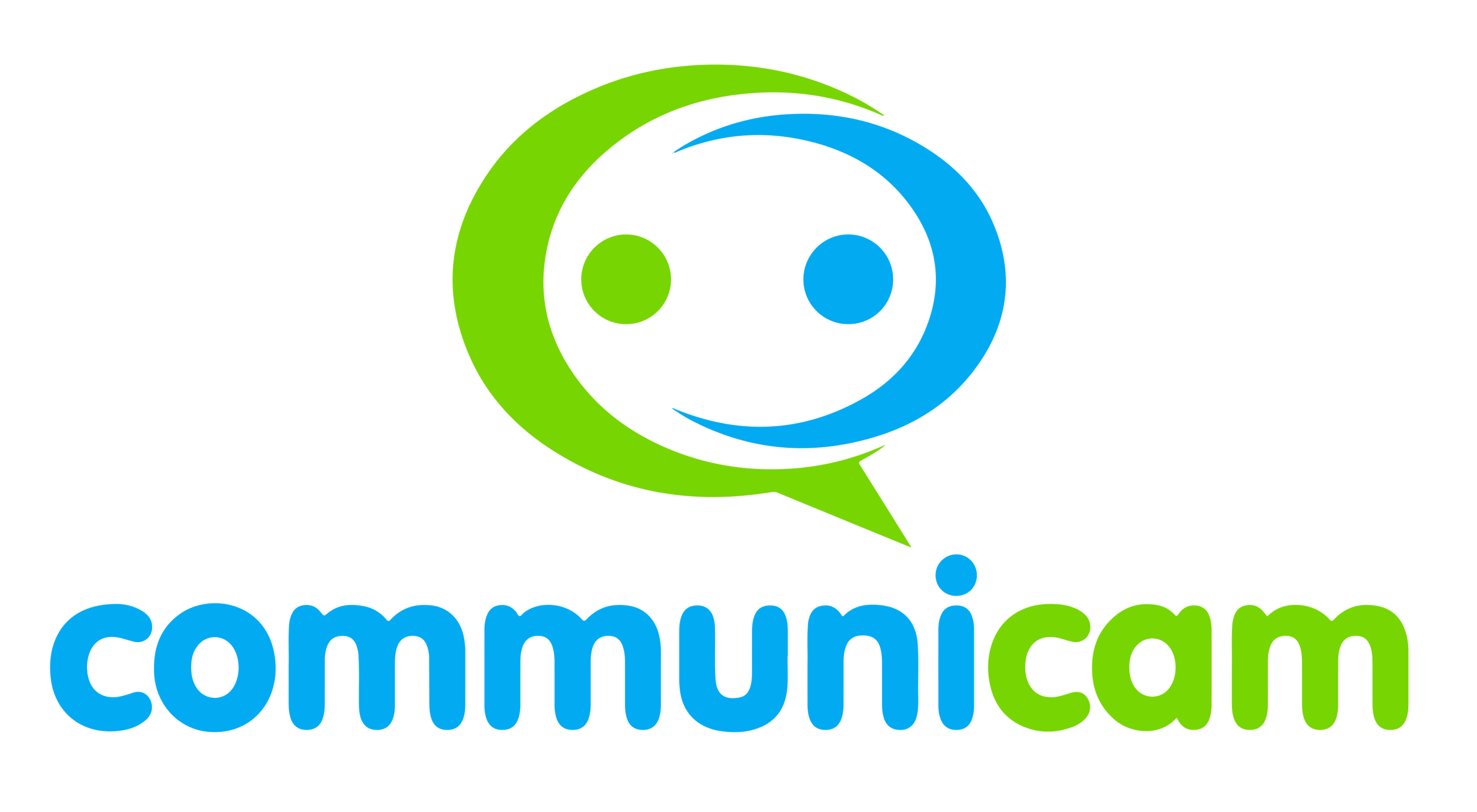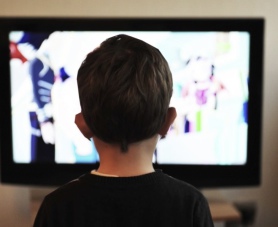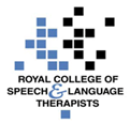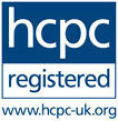By 6 months, usually children will:
- Vocalizes pleasure and displeasure sounds differently e.g. laughs, giggles, cries, or fusses
- Makes noise when talked to
- Turn towards a sound when they hear it
- Be startled by loud noises
- Watch your face when you talk to them
- Recognise your voice
- Smile and laugh when other people smile and laugh
- Make noises, like coos or squeals, to get your attention
- Have different cries for different needs. For example, one cry for hunger, another when they are tired
By their first birthday, usually children will:
- Understands "no"
- Babbles e.g. says "ba-ba-ba"
- Says "ma-ma" or "da-da" without meaning
- Tries to communicate by actions or gestures
- Tries to repeat your sounds
- Says first word
- Listen carefully, and turn to someone talking on the other side of the room
- Look at you when you speak and when their name is called
- Make noises, point and look at you to get your attention
- Smile at people who are smiling at them
- Start to understand words like "car" and 'daddy"
- Enjoy action songs and rhymes and get excited when sung to
- Take turns in conversations, babbling back to an adult
By 2 years, usually children will:
- Answers simple questions nonverbally
- Says 2 to 3 words to label a person or object (pronunciation may not be clear)
- Tries to imitate simple words
- Asks for common foods by name
- Use 50 or more single words. These will also become more recognisable to others
- Vocabulary of four to 6 words
- Makes animal sounds, such as "moo"
- Starting to combine words, such as "more milk"
- Begins to use pronouns, such as "mine"
- Uses 2-word phrases
- Concentrate on activities for longer, such as playing with a toy they like
- Sit and listen to simple stories with pictures
- Understand between 200 and 500 words
- Understand more simple questions and instructions. For example, "where is your shoe?" and "show me your nose"
- Copy sounds and words a lot
- Enjoy pretend play with their toys, such as feeding a dolly
- Use a more limited number of sounds in their words than adults - often these sounds are p, b, t, d, m and w. Children will also often miss the ends of words at this stage. They can usually be understood about half of the time.
By 4 years, usually children will:
- Knows some spatial concepts, such as "in" or "on"
- Knows pronouns, such as "you", "me" or "her"
- Knows descriptive words, such as "big" or "happy"
- Uses 3-word sentences
- Speech is becoming more accurate, but may still leave off ending sounds. Strangers may not be able to understand much of what is said.
- Use longer sentences and link sentences together
- Answers simple questions about 'why' something has happened, although this still might be at quite a basic level
- Begins to use more pronouns, such as "you" or "I"
- Uses question inflection to ask for something, such as "my ball?"
- Describes events that have already happened, even if their sentences aren't exactly like adults e.g. 'we went park'
- Enjoy make believe play
- Begins to use plurals, such as "shoes" or "socks" and regular past tense verbs, such as "jumped"
- Groups objects, such as foods or clothes
- Understand and often use colour, number and time related words, for example, 'red' car, 'three' fingers and 'yesterday / tomorrow'
- Still make mistakes with tense such as 'runned' for 'ran' and 'swimmed' for 'swam'
- Start to be able to plan games with others
- Uses most speech sounds, but may distort some of the more difficult sounds, such as l, r, s, sh, ch, y, v, z, th. These sounds may not be fully mastered until age 7 or 8.
- Start to like simple jokes even if they don't understand them
- Uses consonants in the beginning, middle, and ends of words. Some of these more difficult consonants may be distorted, but attempts to say them
- Strangers are able to understand much of what is said
- Able to describe the use of objects, such as "fork" or "car"
- Has fun with language; enjoys poems and recognises language absurdities, such as, "Is that an elephant on your head?"
- Expresses ideas and feelings rather than just talking about the world around him or her
- Uses verbs that end in "ing", such as "walking" or "talking"
- Answers simple questions, such as "What do you do when you are hungry?"
- Repeats sentences
- Listen to longer stories and answer questions about a storybook they have just read
Beyond 5 years, usually children will:
- Unserstands spatial concepts, such as "behind" or "next to"
- Understands complex questions
- Speech is understandable, but makes mistakes pronouncing long, difficult, or complex words, such as "hippopotamus"
- Uses some irregular past tense verbs, such as "ran" or "fell"
- Describes how to do things, such as painting a picture
- Lists items that belong in a category, such as animals or vehicles
- Answers "why" questions
- Understands time sequences (for example, what happened first, second, or third)
- Carries out a series of 3 directions
- Understands rhyming
- Engages in conversation
- Sentences can be 8 or more words in length
- Uses compound and complex sentences
- Describes objects
- Uses imagination to create stories
- Focus on one thing for longer without being reminded
- Rely less on pictures and objects to learn new words
- Use their language skills in learning to read, write and spell
- Learn that different words can mean the same thing such as 'minus' and 'take away'
- Understand feelings and descriptive words like 'carefully', 'slowly' or 'clever'
- Use language for different purposes such as asking questions or persuading
- Share and discuss more complex ideas
- Use language in a range of social situations
Beyond 8 years, usually children will:
- Use language to predict and draw conclusions
- Use long and complex sentences
- Understand comparative words e.g. 'it was earlier than yesterday'
- Keep a conversation going by giving reasons and explaining choices
- Start conversations with adults and children they don't know
- Understand and use passive sentences where the order of the words can still be confusing for younger children e.g. "the thief is chased by the policeman"
What to expect between the ages of 11 and 14:
- Use longer sentences; usually 7-12 words or more
- Build their sentences using a range of conjunctions or joining words, such as 'meanwhile', 'however', 'except' so that they can convey complex ideas
- Know how to use sarcasm. Know when others are being sarcastic to them
- Be able to change topic well in conversations
- Use more subtle and witty humour
- Show some understanding of idioms, such as "put your money where your mouth is!"
- Know that they talk differently to friends than to teachers and be able to adjust this easily
- Understand and use slang terms with friends. They keep up with rapidly changing 'strret talk'
What to expect between the ages of 14 and 17:
- Follow complicated instructions
- Know that they haven't understood. They will ask to be told again or have something specific explained
- Easily swap between 'classroom' talk and 'break-time' talk
- Tell long and very complicated stories
Ready to get started?
MasterCard, Visa, Paypal









